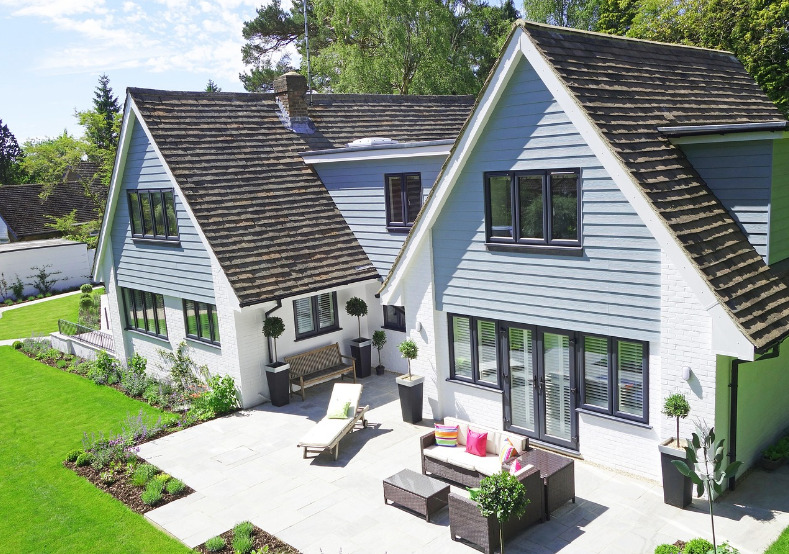What You Need to Know As a First-Time Homeowner
Becoming a first-time homeowner is an exciting milestone in anyone’s life. However, it also comes with a set of responsibilities and challenges. From understanding the financial aspects to maintaining your property, there are several key things you need to know as a first-time homeowner. In this article, we will explore important considerations to help you navigate the journey of homeownership successfully.
Financial Planning
Before jumping into homeownership, it’s crucial to assess your financial situation and plan accordingly. Evaluate your budget, including not just mortgage payments but also property taxes, insurance, maintenance costs, and utilities. Ensure you have a solid understanding of your credit score and explore various mortgage options to find the one that suits your needs best. Don’t forget to factor in closing costs and other expenses associated with purchasing a home.
Home Inspection and Insurance
To protect your investment, it’s essential to conduct a thorough home inspection before finalizing the purchase. This inspection can identify potential issues or repairs required, giving you leverage during negotiations. Additionally, obtaining homeowner’s insurance is vital to safeguard your property against unforeseen events, such as fire, theft, or natural disasters. Research different insurance providers, compare coverage options, and choose a policy that aligns with your needs.
Maintenance and Repairs
As a homeowner, you are responsible for maintaining and repairing your property. Regular maintenance tasks, like cleaning gutters, maintaining the outdoor space, servicing HVAC systems, and inspecting plumbing and electrical systems, can prevent major problems down the road. Familiarize yourself with the basics of home maintenance, or consider hiring professionals for specific tasks. Additionally, create an emergency fund to cover unexpected repairs, such as a leaky roof or a malfunctioning appliance.
Understanding the Neighborhood and Community
Your new home is part of a larger neighborhood and community. Take time to learn about the area, including amenities, schools, proximity to healthcare facilities, parks, and transportation options. Understanding the neighborhood’s character, crime rates, and property values can help you make informed decisions and feel more connected to your surroundings.
Home Security
Protecting your new home and your family’s safety should be a priority. Invest in quality home security systems, such as alarm systems, surveillance cameras, and smart locks. These measures can deter burglars and provide peace of mind. Additionally, get to know your neighbors and consider joining or starting a neighborhood watch group to foster a sense of community security.
Energy Efficiency and Sustainability
Explore ways to make your home more energy-efficient by implementing sustainable practices. Invest in energy-efficient appliances, LED lighting, and programmable thermostats. Consider installing solar panels to reduce your carbon footprint and lower utility bills. Making eco-friendly choices not only benefits the environment but also saves you money in the long run.
Get Involved and Build Connections
Engaging with your community can enhance your homeowner experience. Attend neighborhood events, join local organizations, and introduce yourself to neighbors. Building connections will not only create a support network but also foster a sense of belonging and enjoyment in your new community.
Continuous Learning
Owning …


